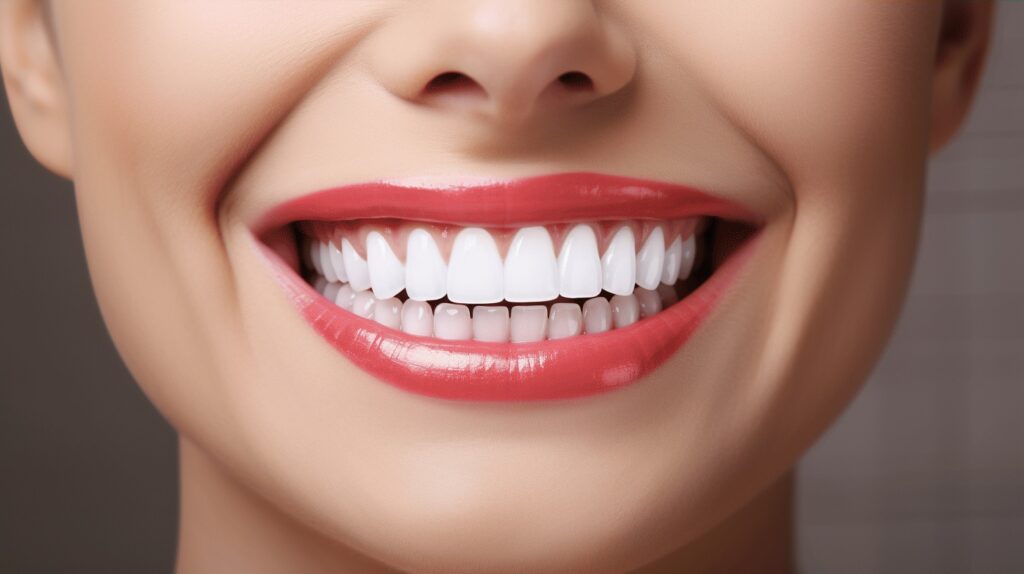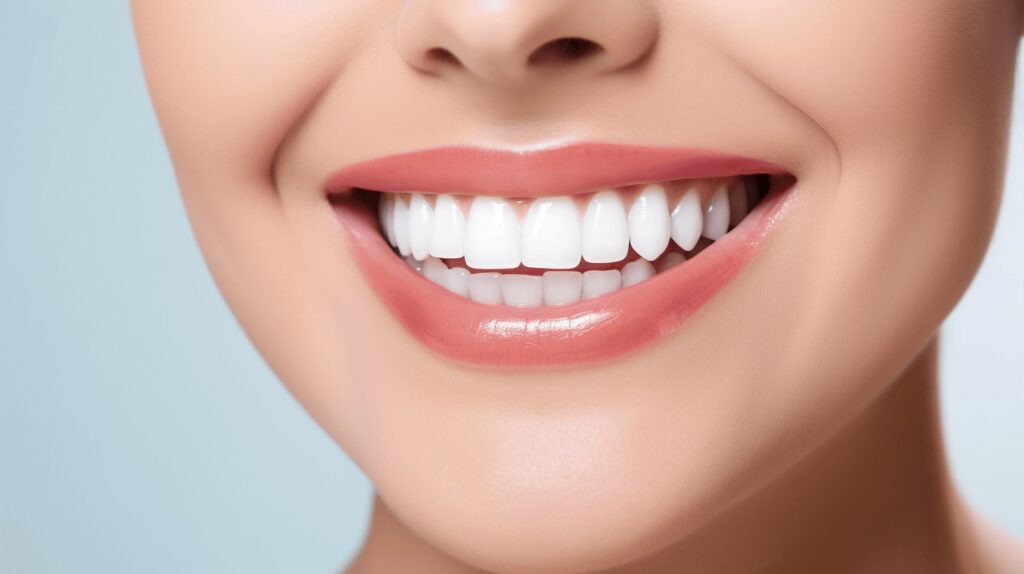Hello there! 😊 We’re thrilled to be your guides as we navigate the significance of preventative dentistry together. Have you ever wondered why dental appointments every six months are often recommended by professionals? Or, have you questioned how those routine cleanings and check-ups can impact your overall health? If so, you’re in the right place dental check-up.
Today, we’re unveiling the importance of regular preventative dentistry check-ups. It’s not just about maintaining that bright smile or surviving the holidays without a toothache. Instead, regular dental visits play a pivotal role in ensuring your overall health and well-being. Now, let’s embark on this eye-opening journey into the world of preventative dentistry. Here’s to healthier mouths and happier smiles!
Table of Contents
Importance of Regular Dental Check-ups
When it comes to maintaining your overall health, visiting your dentist regularly should be as habitual as routine exercise and a balanced diet. There’s a wealth of wisdom in the age-old adage, “Prevention is better than cure” – and that’s exactly what regular dental check-ups entail.
But how often should you be visiting your dentist? Dentist associations globally concur on a recommended frequency of every six months. But why is it essential to cement this habit of consistent dental examinations?
Discover the Invisible Problems
That reassuring feeling when you run your tongue across your teeth and perceive no apparent issues is certainly comforting, but it can be misleading. Many dental issues such as cavities and gum diseases don’t become visible or cause distress until they’ve developed extensively. Regular check-ups help your dentist identify potential troubles early and initiate corrective action.
Preventive Care
A typical dental check-up entails thorough teeth cleaning to remove hardened plaque – a leading cause of gum diseases and tooth decay. By having this plaque professionally removed every six months, you’re taking steps to prevent severe dental issues down the line.
Oral Health Mirrors Overall Health
Your mouth is a gateway to your body – an accurate reflection of your overall health. Frequent dental issues could be an alert to problems with your body’s internal balance, and a regular dental check-up can uncover these issues. Your dentist might recognize signs of vitamin deficiencies, osteoporosis, or more serious conditions, such as diabetes or oral cancer.
Our previous article titled Why Dental Health is Important explores this subject deeply, highlighting the link between oral health and overall wellbeing.
In essence, caring for your smile is step one to ensuring a brighter, healthier future. Creating a ritual of regular dental check-ups is not just about achieving pearly whites. It’s also about taking a proactive approach to maintaining your overall health. So, don’t forget to pencil-in your next dental check-up, because as we’ve just outlined – it’s pretty important! 🦷😄
Benefits of Regular Dental Check-ups
Just think about it: we spend hours grooming ourselves, frequent the gym, and put a lot of effort into carefully choosing what we eat, but how often do we actually pause and think about our dental health? In reality, the importance of regular dental check-ups cannot be overstated. There are so many benefits tied up to such visits that, once you start attending these appointments regularly, you’ll wonder why you didn’t start sooner. 😄
Better Oral Health
In the first place, we must remember that a healthy mouth is the gateway to a healthy body. Oral health is so tightly connected to our overall well-being that neglecting our mouth might lead to far more severe health conditions. Studies have shown that people who visit their dentist regularly have a healthier mouth, experiencing fewer tooth losses and cavities. Now, who wouldn’t like a sparkly smile and fresh breath at all times? 🦷✨
Early Detection of Oral Diseases
Believe it or not, oral diseases can be quite versatile in their manifestation. You might be dealing with cavities, gum diseases, and – in the worst-case scenario – you could have early signs of oral cancer and not even know it! The good news is that these conditions can be treated effectively when identified in the early stages. By attending frequent dental check-ups, you can save yourself potential pain and worry down the line. Knowledge is, in this case, your best weapon. 🎯
Prevention of Costly Treatments – Dental Check-Up
We can’t avoid the topic of finance when discussing dental check-ups. Sure, these visits aren’t exactly your idea of fun and might feel like an extra expense you don’t need. But here’s an important thing to note – in the long run, these regular check-ups can save you a significant amount of time and money 💸 Regular check-ups facilitate early detection, and early treatment is invariably less extensive and costly. As the old saying goes, prevention is better (and cheaper), than cure.
Along the same lines, our earlier post on Preventative Dentistry Techniques provides useful tips and practices for maintaining your pearly whites. It’s valuable information for those looking to enjoy a healthy smile for as long as possible. So, why not give it a read?
Look, we know going to the dentist might not be on your “things I love to do” list. But, as we’ve outlined above, regular dental check-ups are more than a triviality. They are vital parts of our journey to overall health and well-being. There’s no reason to neglect them; consider booking your next visit today!
Link Between Oral Health and Overall Health
You might think oral health is all about bright, white smiles and preventing bad breath. Right? Well, there’s more to it. Maintaining good oral health goes way beyond aesthetics—it’s a key aspect of general wellness and a vibrant life. Believe it or not, your oral health status can potentially affect—or be affected by—certain systemic diseases. Let’s break it down for you.
Cardiovascular Disease
First on our list is cardiovascular disease. Yes, you read that right! The state of your oral health can have a potential influence on heart health. Here’s the science behind it—bacteria can infiltrate the mouth due to poor dental hygiene and then enter the bloodstream. Not good, right? They can then contribute to the build-up of fatty claque in the arteries, which is known to cause heart disease.
Some symptoms may include:
- Swollen ankles, feet, and sometimes abdomen
- Fatigue or tiredness
- Rapid or irregular heartbeat
Note: Regular visits to the dentist can not only keep your teeth and gums healthy but also help in identifying early signs of cardiovascular disease.
Diabetes Complications – Dental Check-Up
Moving on, the relationship between diabetes and oral health is a two-way street. High blood sugar levels can lead to oral health issues such as gum disease and dry mouth, and poor oral health can also worsen blood sugar control, leading to diabetes complications. Therefore, maintaining both blood sugar and oral hygiene is essential for people living with diabetes.
Do remember:
- Regular dental check-ups are a must for diabetes patients
- Maintaining a balanced diet can help control blood sugar levels and promote oral health
If you’re still thinking about how nutrition ties into this, check out our page about the Link Between Diet and Oral Health.
Respiratory Infections
Last but certainly not least, oral health and respiratory wellbeing are connected, especially in elderly folks or those with a compromised immune system. Poor oral hygiene can increase the risk of bacteria traveling from the mouth to the lungs, potentially causing pneumonia and other respiratory diseases.
Remember:
- Brushing and flossing regularly can help prevent respiratory complications
- Regular dental visits can assist in early detection and prevention of respiratory infections
In a nutshell, securing your oral health can be the golden ticket to overall health. Isn’t it surprising how intricately linked our body system is? So, next time you pick up your toothbrush, think about more than just avoiding cavities. Think about your overall health, because oral hygiene is more than just a pretty smile—it’s a cornerstone for leading a healthier lifestyle! 🌟
Conclusion – Dental Check-Up
Ultimately, regular dental check-ups are pivotal for not just maintaining a beaming smile, but also vibrant health. They are instrumental in early detection and treatment of dental problems, saving you time, pain and unnecessary costs.
So let us love your beautiful smile and join hands in making the world healthier, one dazzling smile at a time! Remember, at Wilshire Smile Studio, every tooth tells a story and every smile matters! 💙💙
Book your free consultation with us online or call (323) DENTIST (323-336-8478) today.
Frequently Asked Questions
1. What is preventative dentistry?
Preventative dentistry is an approach to oral health care that focuses on preventing dental problems before they occur. It includes regular check-ups, cleanings, and practices such as brushing and flossing.
2. Why are regular preventative dentistry check-ups important?
Regular preventative dentistry check-ups are important because they help in the early detection of dental issues, preventing them from becoming more serious and costly to treat. It also helps maintain good oral hygiene and prevent oral diseases.
3. How often should I schedule a preventative dentistry check-up?
It is recommended to schedule a preventative dentistry check-up at least twice a year. However, your dentist may recommend more frequent visits depending on your oral health needs.
4. What can I expect during a preventative dentistry check-up?
During a preventative dentistry check-up, your dentist will examine your teeth and gums, perform a thorough cleaning, check for cavities or signs of tooth decay, evaluate your bite, screen for oral cancer, and provide oral health education and advice.
5. Are preventative dentistry check-ups covered by insurance?
Preventative dentistry check-ups are often covered by dental insurance plans. However, coverage may vary, so it\’s best to check with your insurance provider to understand your specific benefits and coverage limits.









